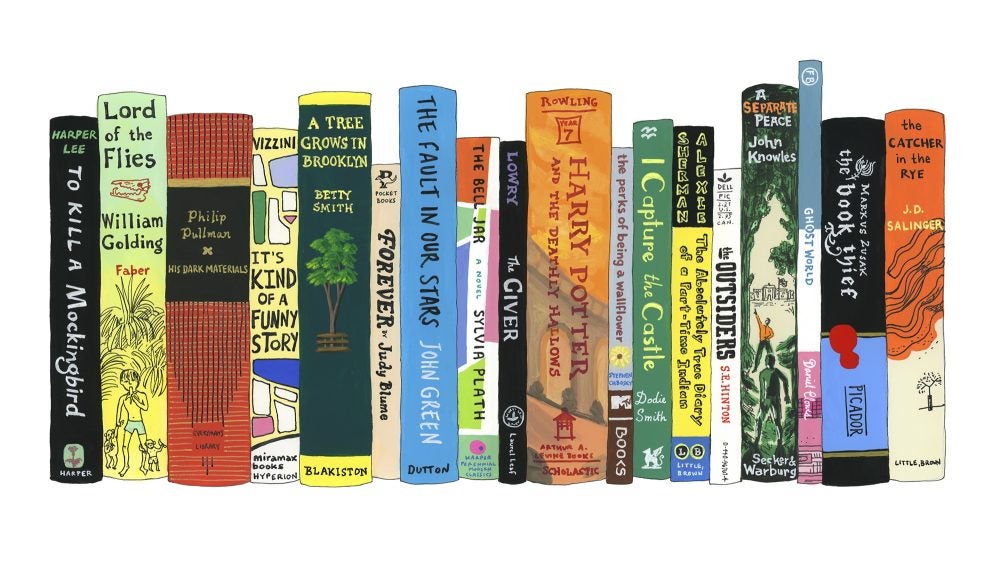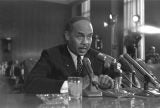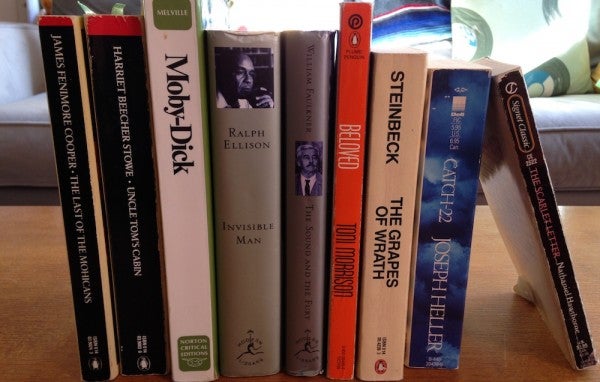How America Invented ‘Young Adult’ Fiction for a New Kind of Teenager
In the '60s and '70s, Books Like The Outsiders and The Chocolate War Told Stories That Dealt With Complex Emotions and Social Realities
Like jazz, the Broadway musical, and the foot-long hot dog, young adult literature is an American gift to the world, an innovative, groundbreaking genre that I’ve been following closely for more than 30 years. Targeted at readers 12 to 18 years old, it sprang into being near the end of the turbulent decade of the 1960s—in 1967, to be specific, a year that saw the publication of two seminal novels for young readers: S. E. Hinton’s The Outsiders and Robert Lipsyte’s The Contender.
Hinton and Lipsyte clearly were writing a …














